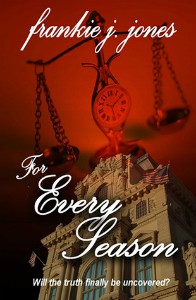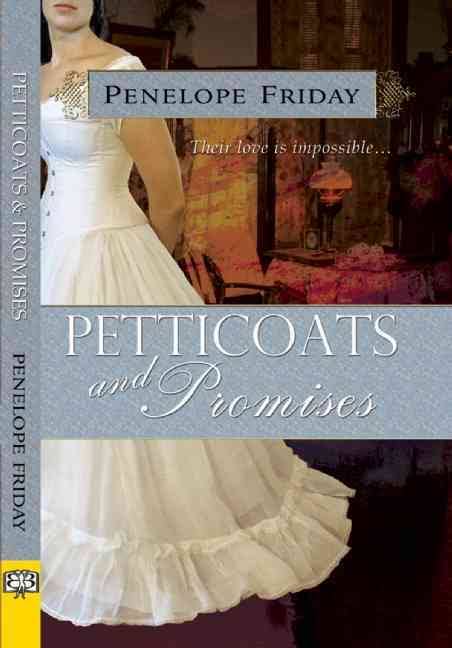 When I pick up a Bella book, I sometimes wonder if I shouldn’t just assign it a rating of somewhere between a 2.5 and a 3.5 and go on to something else. I’m talking about Bella originals, now, not reprints. I usually come around to the hope that I might run into something really outstanding, something that would be a credit to the genre, but the fact that none of the 24 books in my Top 20 list are Bella originals tells its own tale. Of course, reading average or bad books is as much my job as reading good ones. Where does For Every Season fit? Well, it doesn’t; it is surprisingly good.
When I pick up a Bella book, I sometimes wonder if I shouldn’t just assign it a rating of somewhere between a 2.5 and a 3.5 and go on to something else. I’m talking about Bella originals, now, not reprints. I usually come around to the hope that I might run into something really outstanding, something that would be a credit to the genre, but the fact that none of the 24 books in my Top 20 list are Bella originals tells its own tale. Of course, reading average or bad books is as much my job as reading good ones. Where does For Every Season fit? Well, it doesn’t; it is surprisingly good.
Andi Kane is at the end of a nowhere relationship when she is laid off her job at the phone company. Tail tucked firmly between her legs, she returns to her parents’ home in San Antonio to get her head together and look for another job. But somehow her grandmother railroads her into looking into Andi’s great-grandfather’s murder conviction sixty-five years previously. This despite the fact that she has no experience in sleuthing and that three private detective agencies have already failed to exonerate him.
One of the good things about this book—and there are may—is the fact that at first, there seems no way in hell that Andi can unearth any new evidence about a crime that happened before even her mother was born. But through diligence, luck, and the help of some new friends, Andi just might manage it. And in a way that is both believable and interesting
In the meantime, Andi has become attracted to the district attorney, who also has an interest in the case. What happens between them is the sub-crux of the story—one that spans at least three generations. It is hard not to like Andi—we have all been at a crossroads in our lives, guilty over our perceived failures and anxious to travel down a new road. The small, fictional town of HiHo, Texas is a hoot, as are a lot of the people in it.
It is a well-written, well-edited, and well-investigated mystery. Bravo to Bella for breaking out of the mold of their own making. Give this one somewhere around a 4 and recommend it to your friends, as I am doing at this moment.
Note: I read what seems to be the first printing of the Bella edition.
Another Note: See my full reviews of over 250 other Lesbian Mystery novels at http://www.goodreads.com/group/show/116660-lesbian-mysteries

